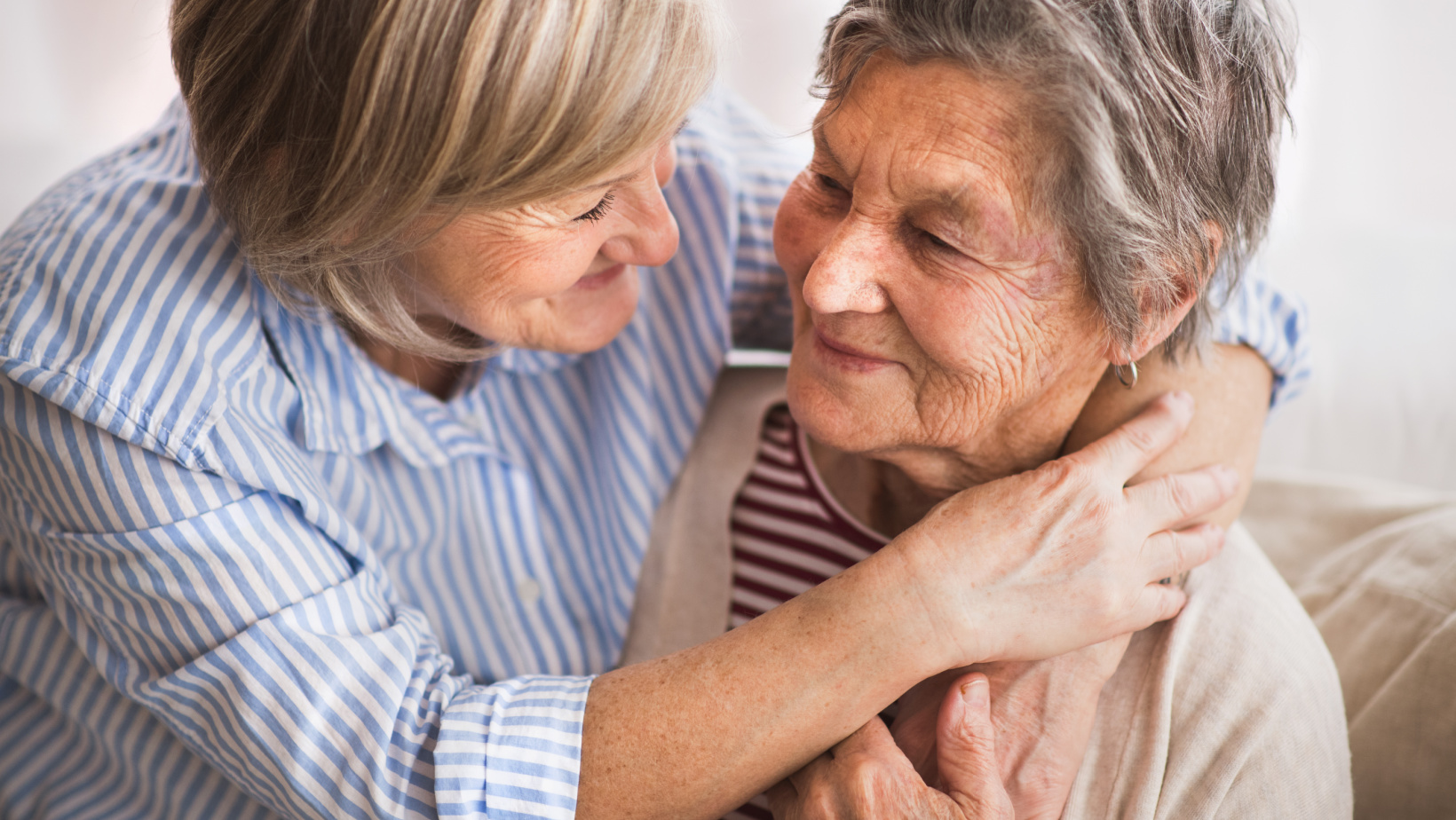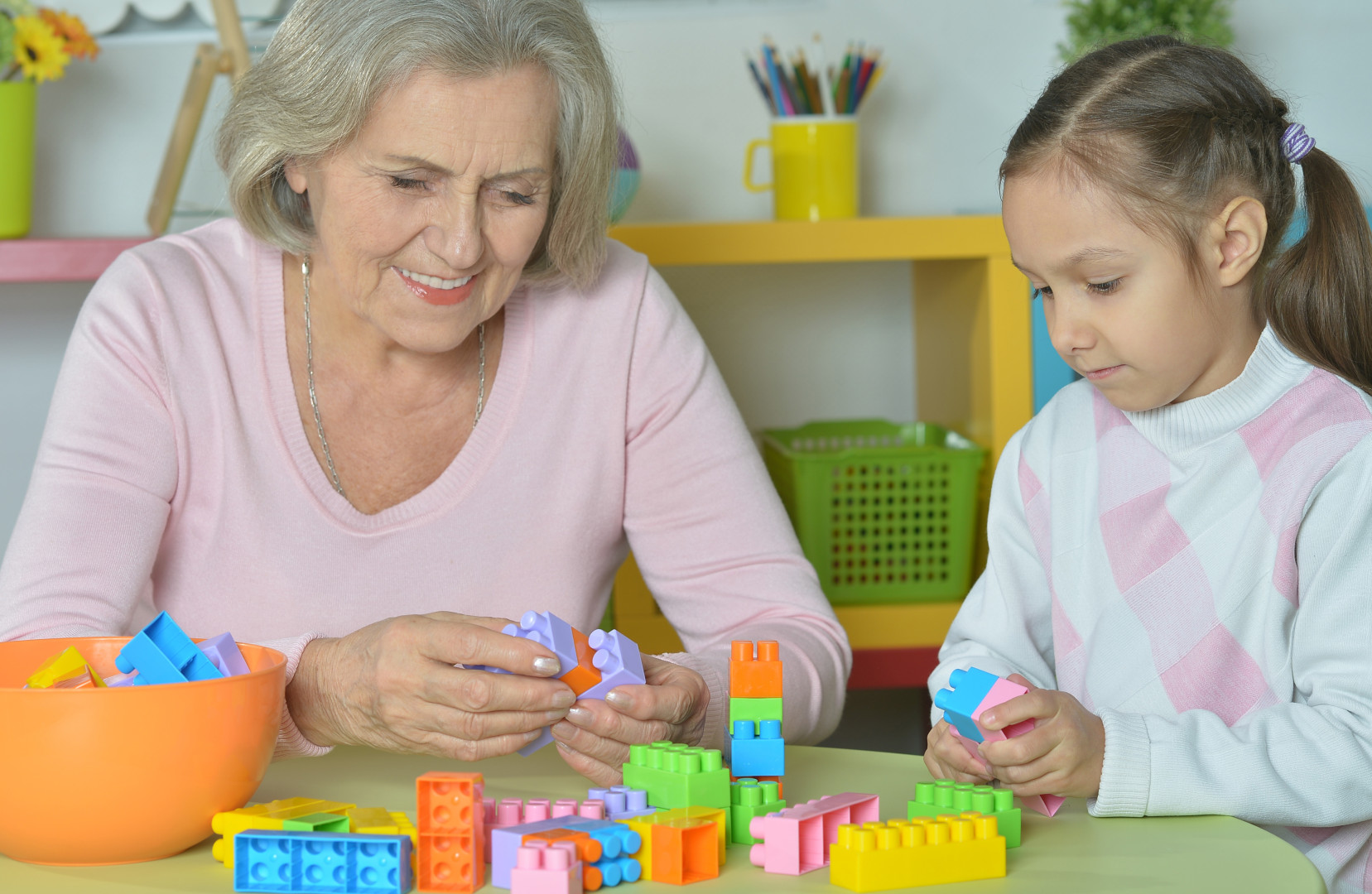
Shining Through: Finding Joy and Connection with Seniors Living with Dementia Dementia may present challenges, but it doesn't dim the spirit or erase the unique personalities of our beloved seniors. In fact, with a shift in perspective and a touch of creativity, we can unlock moments of joy and forge deeper connections with those living with dementia. It’s about celebrating the present, embracing their reality, and finding the light that continues to shine within. A World of Imagination and Emotion Seniors with dementia often live in a world that blends past memories with present moments. Instead of trying to correct or redirect, we can step into their reality. If they speak of a childhood friend, ask them to share stories. If they sing a tune from their youth, join in! These moments of connection, however fleeting, can bring immense joy and validation. Finding the Fun in Everyday Moments Simple activities can become extraordinary when approached with enthusiasm and flexibility. Music and Movement: Put on their favorite music and encourage gentle dancing or…

How to Improve Communication with Dementia Patients Dementia is a progressive brain disorder that affects memory, thinking, and behavior. It can make it difficult for people with dementia to communicate effectively. However, there are several things you can do to improve communication with dementia patients. 1. Be patient and understanding. People with dementia may not be able to communicate as quickly or clearly as they used to. Be patient and understanding, and give them time to express themselves. 2. Use simple language and avoid jargon. People with dementia may have difficulty understanding complex language or jargon. Use simple words and phrases that they are familiar with. 3. Speak slowly and clearly. People with dementia may have difficulty hearing or processing speech. Speak slowly and clearly, and make sure to enunciate your words. 4. Make eye contact and maintain a relaxed body posture. Eye contact and a relaxed body posture can help to create a sense of connection and trust. 5. Use visual aids and gestures. Visual aids and gestures…

Seniors and Alzheimer's: Understanding the Impact and Supporting Those Affected Alzheimer's disease is a progressive and irreversible brain disorder that affects memory, thinking, and behavior. It is the most common form of dementia, and it primarily affects older adults. Impact of Alzheimer's on Seniors Alzheimer's disease can have a profound impact on seniors and their families. As the disease progresses, individuals may experience: Memory loss and confusion Difficulty with language and communication Impaired judgment and decision-making Changes in personality and behavior Loss of physical coordination and mobility These symptoms can make it challenging for seniors to live independently and perform everyday tasks. Supporting Seniors with Alzheimer's There are several ways to support seniors with Alzheimer's disease and their families: Provide emotional support: Offer empathy, understanding, and reassurance to both the senior and their loved ones. Encourage social interaction: Engage seniors in activities that promote social interaction and mental…

Why Dementia Caregivers Need Our Support Dementia is a progressive disease that affects memory, thinking, and behavior. It can be a devastating diagnosis for both the person with dementia and their loved ones. Caregivers for people with dementia face a unique set of challenges. They may have to provide around-the-clock care, deal with difficult behaviors, and cope with the emotional toll of watching their loved one decline. Here are some reasons why dementia caregivers need our support: The physical demands of caregiving can be overwhelming. Caregivers may have to help their loved one with bathing, dressing, eating, and toileting. They may also have to lift and move their loved one, which can be physically demanding. The emotional toll of caregiving can be significant. Caregivers may feel overwhelmed, frustrated, and isolated. They may also grieve the loss of their loved one's former self. Caregivers often have to give up their own lives to care for their loved one. This can mean missing out on work, social activities, and…

Identity in Dementia Dementia is a progressive disease that affects memory, thinking, and behavior. It can have a significant impact on a person's identity. The Self in Dementia Our sense of self is shaped by our memories, experiences, and relationships. When these are affected by dementia, it can lead to a loss of identity. People with dementia may no longer recognize themselves in the mirror, or they may forget their name or birthday. They may also lose interest in activities they once enjoyed and withdraw from social interactions. The Social Self in Dementia Our identity is also shaped by our relationships with others. When people with dementia lose the ability to communicate effectively, it can make it difficult for them to maintain these relationships. They may become frustrated and withdrawn, or they may lash out at their loved ones. How to Support Identity in Dementia There are a number of things that can be done to support identity in dementia. These include:Validation: Validating a person's…

Two Easy Techniques to Improve Senior Memory As we age, our memory can naturally decline. However, there are a few simple techniques that seniors can use to improve their memory and keep their minds sharp. 1. Use Mnemonics Mnemonics are memory aids that can help you remember information more easily. One common mnemonic is the acronym HOMES, which can help you remember the names of the Great Lakes (Huron, Ontario, Michigan, Erie, and Superior). Another mnemonic is the rhyme "Thirty days hath September, April, June, and November," which can help you remember the number of days in each month. 2. Practice Active Recall Active recall is the process of trying to remember information without looking at it. This is a more effective way to learn and remember information than simply rereading it. One way to practice active recall is to read a passage of text and then try to summarize it in your own words. Another way is to create flashcards and quiz yourself on the information. In addition to these two techniques, there are a number…




















